

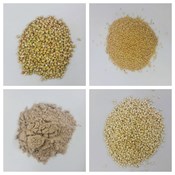
These are disruptive times. Because of the problems encountered in the wheat supply chain, bakeries are looking for alternative grains. Bakeries are looking for alternative grains. Professor Filip Van Bockstaele, who teaches micro-structure-based product development at Ghent University, tells us that there are several drivers behind this. At...

The specialist Foodology by Univar Solutions focuses on the distribution and technical innovation needs of the food and ingredients industry. Meeting the needs of health-conscious consumers is undoubtedly a challenge.
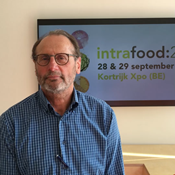
The seminar on the second day of Intrafood, on 29 September, will focus on the latest process technologies and the impact of ‘smart processing’ on product innovation and ingredients. “Ingredients are all about technology,” stresses Philippe Snick of ie-net.

As a consequence of the economic situation, food companies are seeking alternatives to high oleic sunflower oil. According to Kalsec, using standard oils to which natural antioxidants from rosemary have been added is a cost-effective solution. Their blend of natural antioxidants and natural antimicrobial agents is also new.

“The central theme of the seminar programme on the first day of Intrafood is the current market situation due to the coronavirus pandemic and the war in Ukraine, the disruption to supply chains, the scarcity of raw materials and the high cost of raw materials and ingredients,” explains Professor Koen Dewettinck of Ghent University, Chair of...
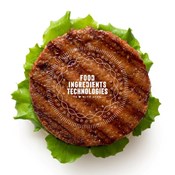
Food Ingredients Technologies, which specialises in the development and production of functional blends and savoury flavourings, is expanding its service to include food safety consultancy. As part of the Turpaz Group, food businesses can now also turn to the company for sweet flavourings, says David Landau.

FPS Economy does not rule out scarce ingredients besides sunflower oil being replaced in product recipes without having to change the label. But, obviously, strict rules would apply.

Product development faces two significant challenges, and those are the cost and availability of some ingredients, says Maxime Willems of the Proef! food laboratory. The Ukrainian crisis is forcing food and ingredient businesses to face facts.
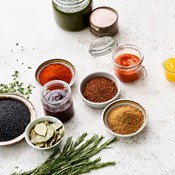
“Our biggest challenge is to keep supply chains intact”, say Jo Verheye and Francis Crul, sales manager and procurement manager for ingredient supplier Solina Group, in reference to the Ukraine Crisis. “Our main point of focus is our existing business in the food industry.”

New European legislation came into effect on 1 January this year. It changes the use of flavourings and the rules on labelling. And it doesn't stop there. Industry organisation, Bioforum, identifies more changes.

Xavier Gellynck, agricultural economist and professor at the University of Ghent, gives his view of the impact on the food industry due to the Ukraine crisis. He also shares his advice for ingredient suppliers and food companies.
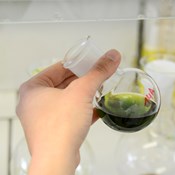
Research by Food & Lipids, KU Leuven Campus Kulak Kortrijk, has shown that microalgae are naturally less sensitive to oxygen than fish oil. "This makes microalgae a suitable source of the long-chain omega-3 fatty acids EPA and DHA for food enrichment," explains Prof. Dr Imogen Foubert.